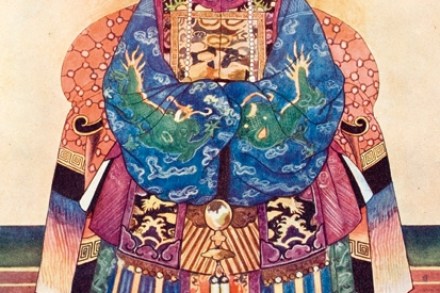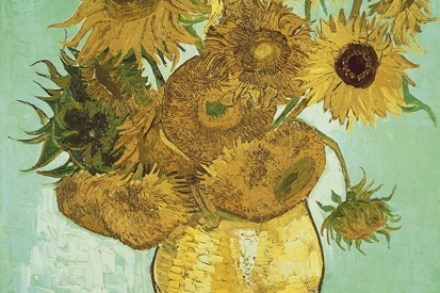The Empress Dowager was a moderniser, not a minx. But does China care?
For susceptible Englishmen of a certain inclination — like Sir Edmund Backhouse or George Macdonald Fraser — the Empress Dowager Cixi was the ultimate oriental sex kitten, an insatiable, manipulating dominatrix who brought the decadent Manchu empire to its knees. While all seems lost, as foreign troops burn the Summer Palace in Peking, she is
















